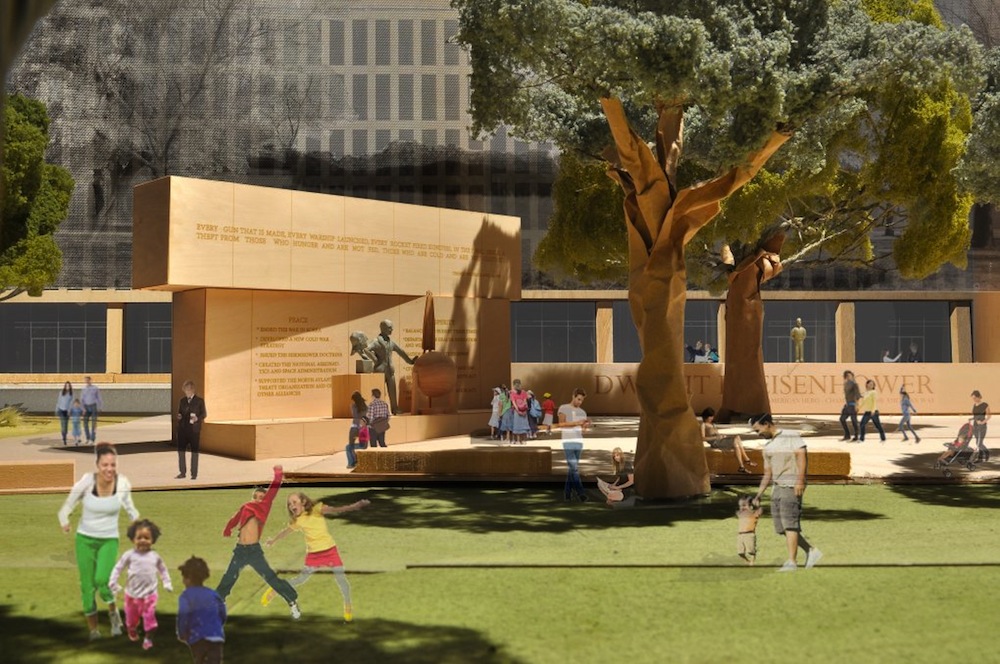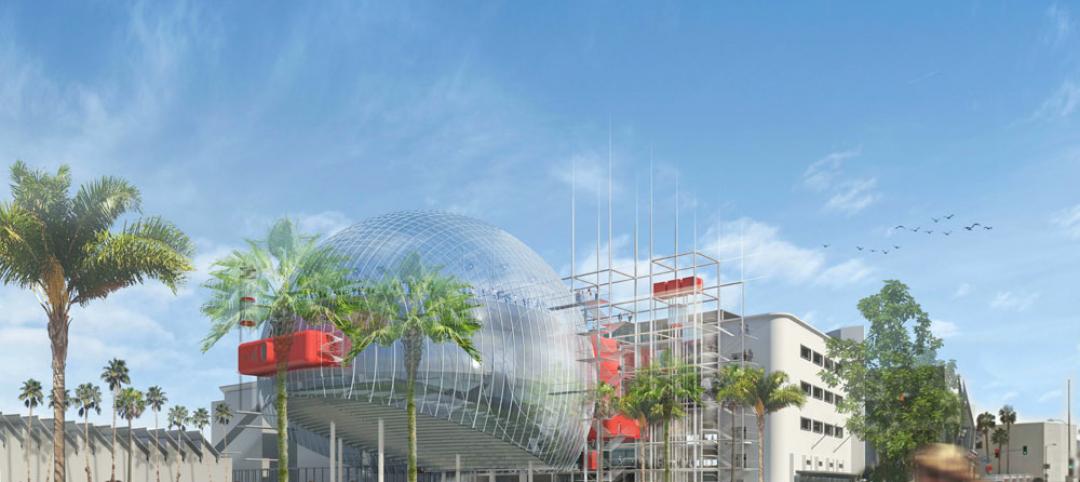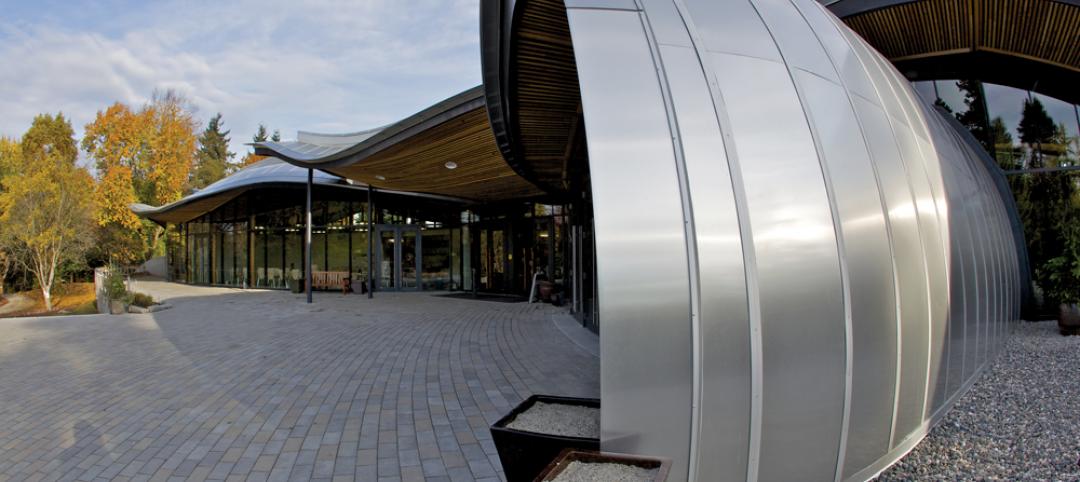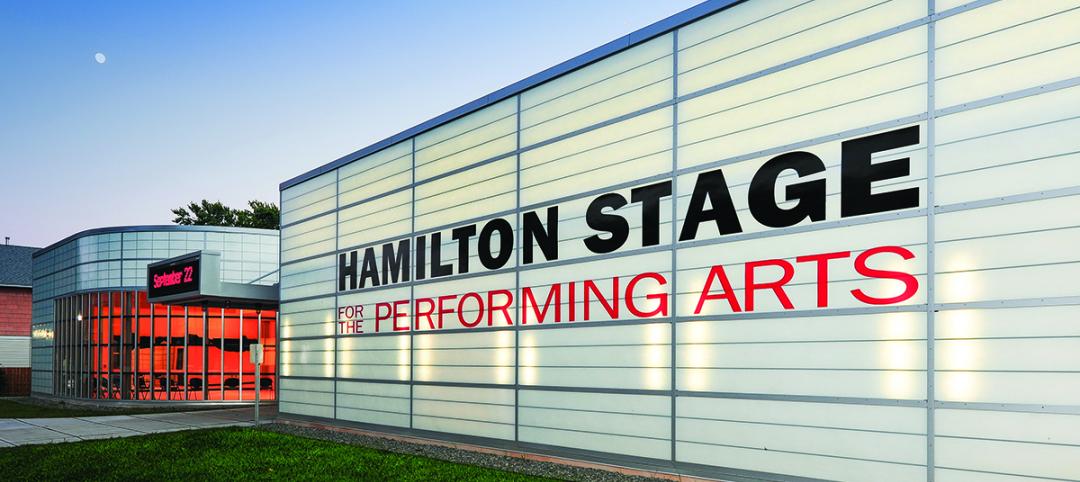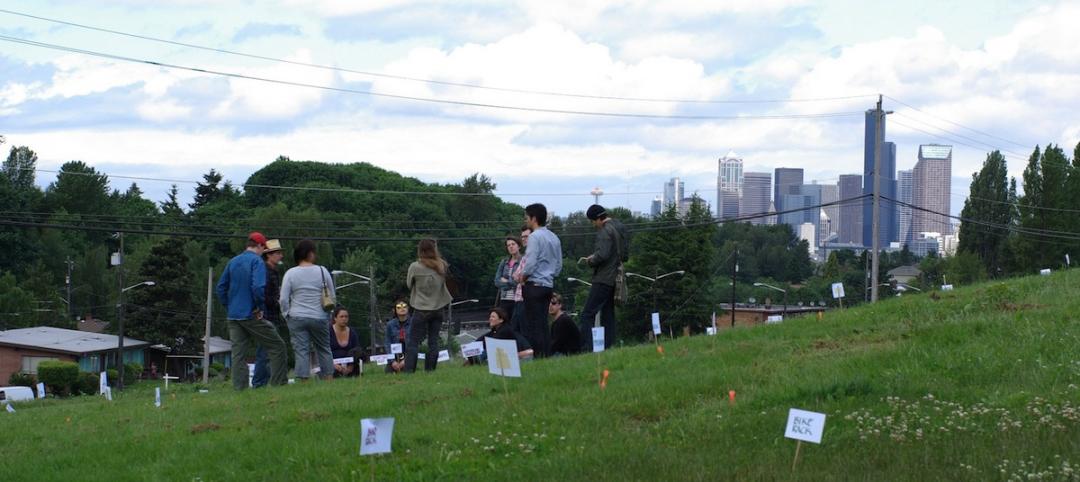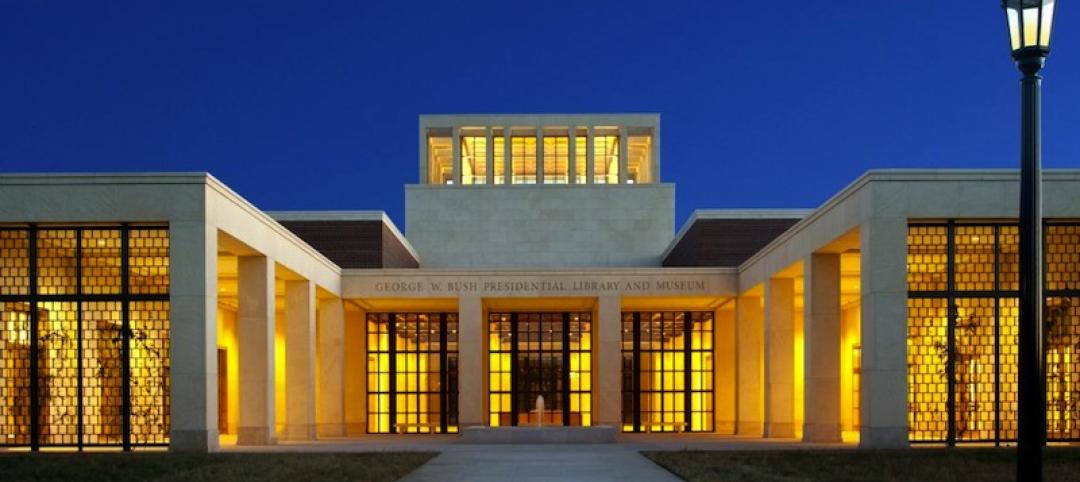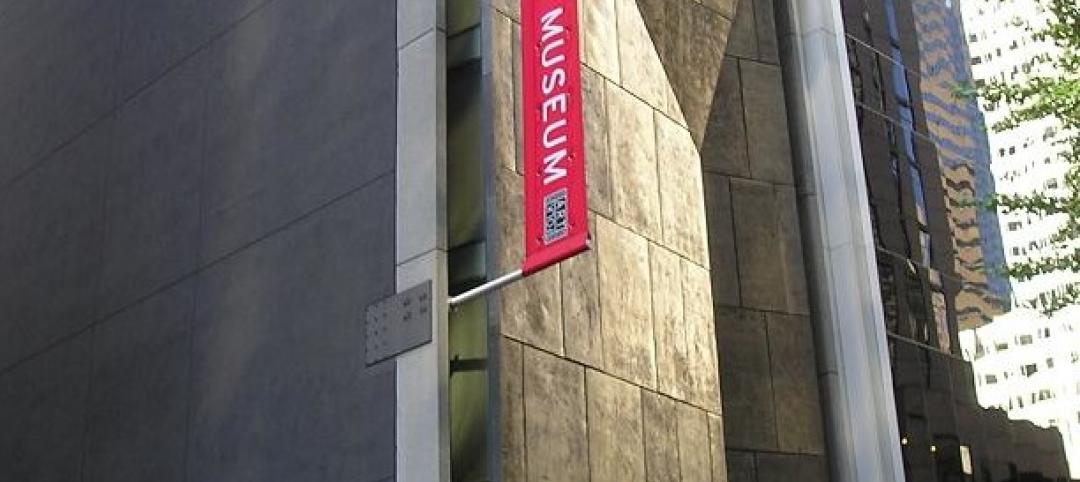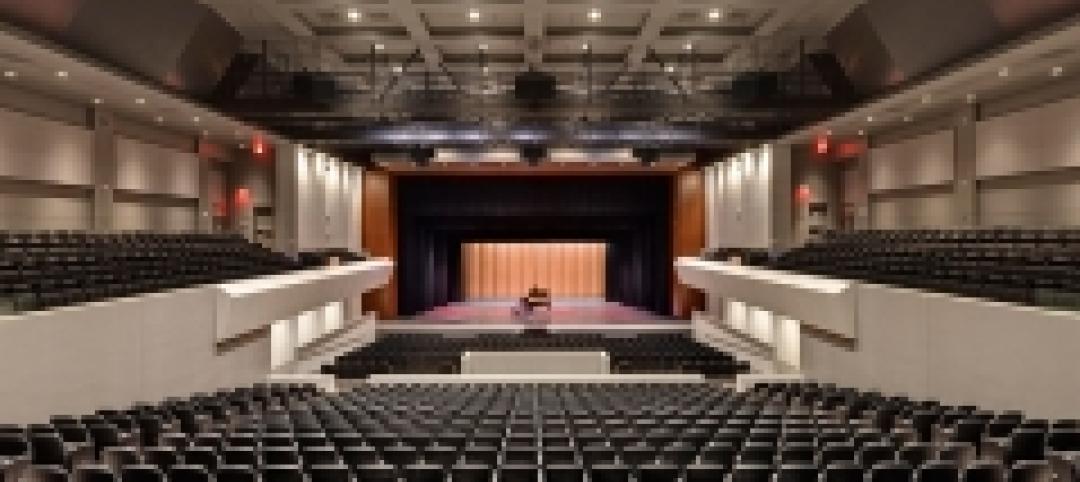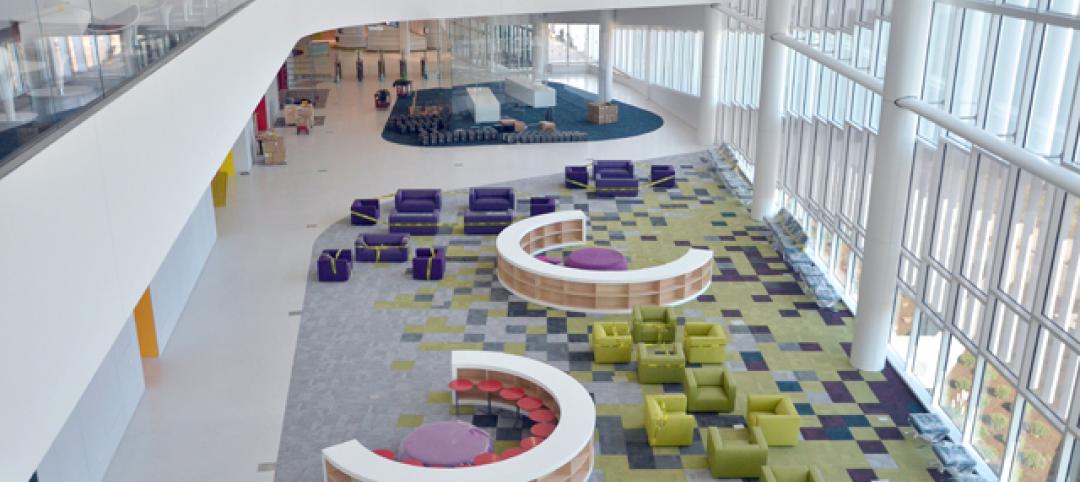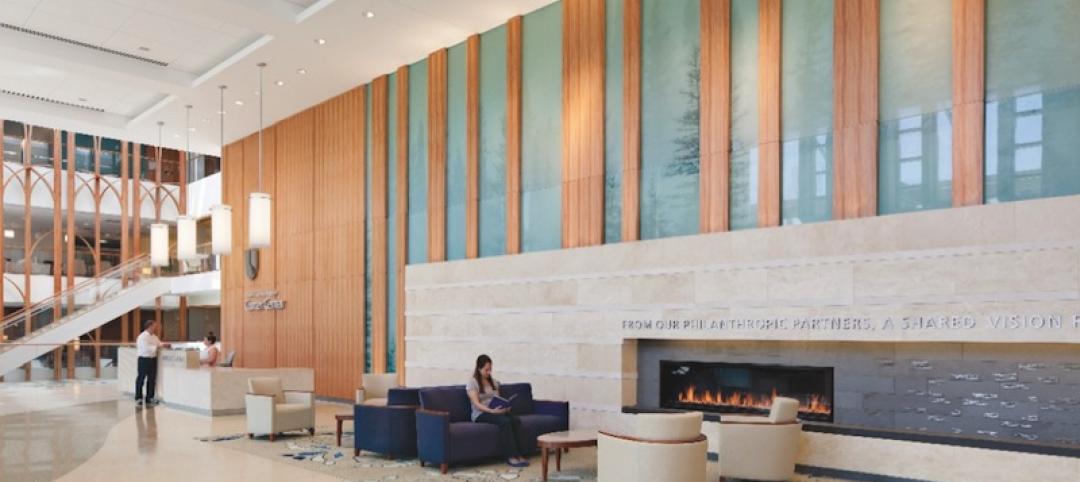The design for the long-delayed Eisenhower Memorial by famed architect Frank Gehry received final approval from a Washington planning commission on Thursday, though disputes over costs may keep the $142 million work from ever being built.
Planned for years for a spot just off the National Mall, a short walk from the U.S. Capitol, the memorial has been plagued by delays and cost overruns. Congress has cut off construction funds for the project for three years in a row.
The National Capital Planning Commission passed the design by a 10-1 vote on Thursday.
"We think it's good urban design. It's good for the entire Southwest neighborhood," said Mina Wright, a commission member representing the General Services Administration's Office of Planning and Design Quality, who voted in favor of the design.
Despite the vote, funding for the project remains uncertain and faces deep congressional skepticism. Congress has already spent at least $65 million on the memorial. A report by the House of Representatives Natural Resources Committee last year described it as a "Five-Star Folly".
The design includes a pair of 80-foot (24-meter) columns and a 447-foot (136-meter) steel mesh tapestry depicting the Kansas plains where the 34th U.S. president and World War Two Allied commander grew up. It is expected to take up 4 acres (1.62 hectares).
Gehry's use of tapestries instead of traditional statuary has drawn the most criticism, especially from Congress and the Eisenhower family. The design approved by the panel scrapped two of the original steel tapestries but kept two supporting columns.
"Congress doesn't want this design. The public doesn't want this design," said Justin Shubow, president of the National Civic Art Society, an outspoken critic of the memorial project.
Congress authorized the memorial in 1999 and set a completion date of 2007.
Gehry, 86, is perhaps best known for the dramatic Guggenheim Museum in Bilbao, Spain.
(Reporting by Lacey Johnson; Editing by Edward McAllister and Eric Walsh)
Related Stories
| Apr 17, 2013
First look: Renzo Piano's glass-domed motion pictures museum
The Academy of Motion Picture Arts and Sciences last week released preliminary plans for its $300 million Academy of Motion Picture Arts and Sciences museum in Los Angeles, designed by Renzo Piano and local architect Zoltan Pali.
| Apr 16, 2013
5 projects that profited from insulated metal panels
From an orchid-shaped visitor center to California’s largest public works project, each of these projects benefited from IMP technology.
| Apr 12, 2013
Nation's first 'food forest' planned in Seattle
Seattle's Beacon Food Forest project is transforming a seven-acre lot in the city’s Beacon Hill neighborhood into a self-sustaining, edible public park.
| Apr 12, 2013
Chicago rail conversion puts local twist on High Line strategy
Plans are moving forward to convert an unused, century-old Chicago rail artery to a 2.7 mile, 13 acre recreational facility and transit corridor.
| Apr 11, 2013
George W. Bush Presidential Center achieves LEED Platinum certification
The George W. Bush Presidential Center announced today it has earned Platinum certification by the U.S. Green Building Council’s Leadership in Energy and Environmental Design program. The Bush Center is the first presidential library to achieve LEED Platinum certification under New Construction.
| Apr 11, 2013
American Folk Art Museum, opened in 2001, to be demolished
Just 12 years old, the museum designed by Tod Williams and Billie Tsien will be taken down to make way for MoMA expansion.
| Apr 5, 2013
Snøhetta design creates groundbreaking high-tech library for NCSU
The new Hunt Library at North Carolina State University, Raleigh, incorporates advanced building features, including a five-story robotic bookBot automatic retrieval system that holds 2 million volumes in reduced space.
| Apr 2, 2013
6 lobby design tips
If you do hotels, schools, student unions, office buildings, performing arts centers, transportation facilities, or any structure with a lobby, here are six principles from healthcare lobby design that make for happier users—and more satisfied owners.


